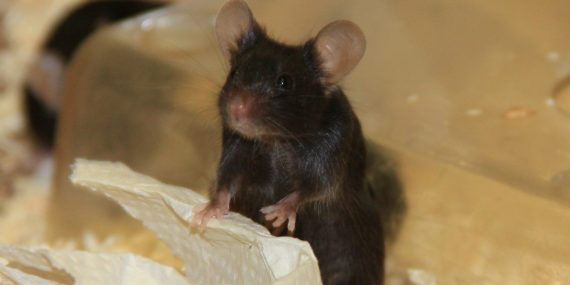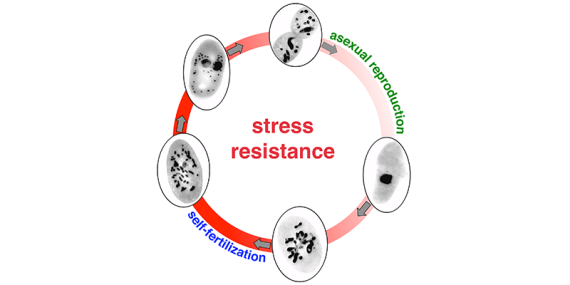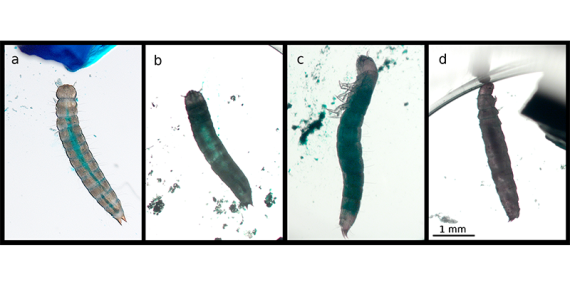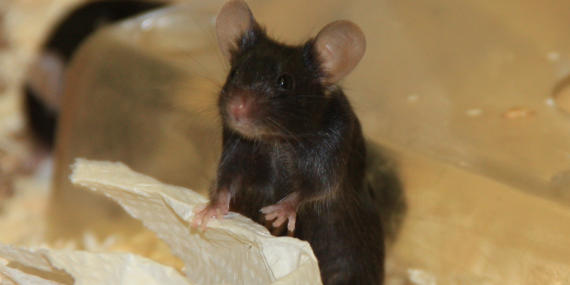

News 2020
Back to current news.
EvoPAD researchers publish study on prevalence and epidemiology of multi-drug resistant pathogens in food chains and the urban environment
Multi-drug resistant bacteria represent a major global threat for human and animal health. Since transfer of these bacteria from animals to humans through oral ingestion of or indirect contact with contaminated meat is possible, the European Union has established programs to monitor multi-drug resistant bacteria in food-producing animals. In a study recently published in Antibiotics, EvoPAD researchers Natalie Effelsberg and Alexander Mellmann, together with colleagues at the Chemisches und Veterinäruntersuchungsamt Ostwestfalen-Lippe, the Freie Universität Berlin, and the DRK Kliniken Berlin, used data from the EU-wide monitoring program collected in 2018/19 in northwestern Germany and extended these by additional samples from meat-processing plants and the urban environment to assess the prevalence of four multi-drug resistant bacteria within the meat-production chain. In summary, they detected a medium to low prevalence of the tested multi-drug resistance bacteria within the meat-production chain and conclude that the risk of zoonotic transmission via the food chain is moderate within the monitored area.
Original article: Klees S*, Effelsberg N*, Stührenberg B, Mellmann A, Schwarz S, Köck R (2020) Prevalence and Epidemiology of Multidrug-Resistant Pathogens in the Food Chain and the Urban Environment in Northwestern Germany. Antibiotics 9:708. 10.3390/antibiotics9100708 [doi] *equally contributing authors

Shrey Gandhi successfully defended his PhD

New study by EvoPAD researchers tests predictions of Match-Mismatch Hypothesis in Mice

EvoPAD researchers develop new web tool for genome comparisons

EvoPAD PI Stephan Ludwig talks about zoonoses and their potential to cause global pandemics

EvoPAD PI Helene Richter featured in WWU podcast on animal welfare and reproducibility in animal experimentation

Congratulations Dr Vitali!

EvoPAD welcomes new PhD student cohort

EvoPAD celebrates first graduates

Study by EvoPAD researchers sheds new light on evolution and maintenance of sex

EvoPAD PI Francesco Catania featured in Quanta magazine

New study on the variability and dynamics of Bacillus thuringiensis infections in Tenebrionid beetles

Visit by Mercator Fellow Thomas Flatt cancelled due to SARS-CoV-2 pandemic


